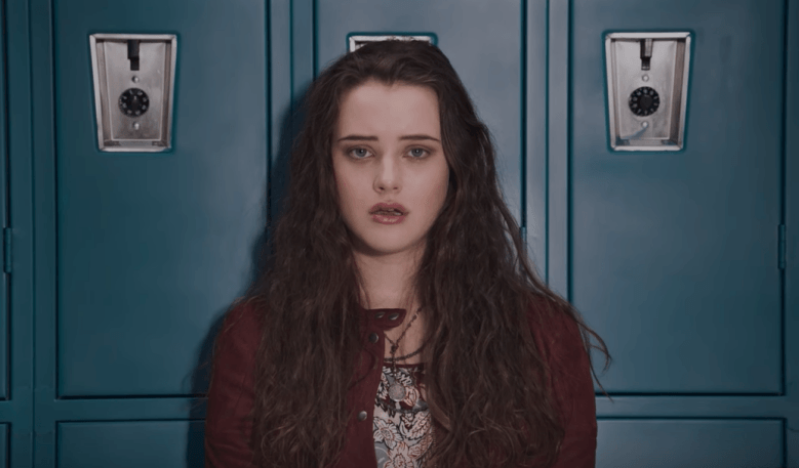
Love it or hate it, 13 Reasons Why is one of the most buzzed-about shows on Netflix - and for that reason, Russell Moore is urging every Christian parent of teens and church youth ministry leaders to be prepared to explore the questions raised by series.
In an op-ed published on his website, Moore, the president of the Ethics & Religious Liberty Commission, said that while he wouldn't want his own children watching 13 Reasons Why, he believes the controversy surrounding the show "might bring some grace-filled moments."
"If the series shows anything, it is that there are multiple reasons behind the darkness that can lead to death," he said. "Maybe this controversy will prompt friends and parents and youth ministers to talk about suicide, to signal to those in trouble that they are not alone and they won't be judged if they come forward and seek help. Maybe it will prompt some of us who are parents or friends of teenagers to talk about what to do if one ever does start to see 'reasons' for desperation, opening the imagination to what it could look like to share burdens with those who will be glad to help bear them."
13 Reasons Why, produced by Selena Gomez and based on the best-selling book by Jay Asher, follows the story of Hannah Baker (Katherine Langford), who takes her own life after facing a series of traumatic experiences in high school. Before her death, she records 13 tapes to give to the individuals she says played a role in her suicide.
Supporters of 13 Reasons Why have praised the show for providing an opportunity to discuss suicide risk with teens, given the rising suicide rate nationwide.
However, critics say it could negatively affect young people struggling with suicidal thoughts or trigger "suicide contagion" - when exposure to suicide within a family, within a group of friends or through the media prompts an increase in suicidal behaviors.
Moore agrees that the show is "perilous" because it depicts suicide as being an "escape": "In order to provoke tragedy in a hurting teens life, no one needs to make suicide glamorous; one only needs to make suicide plausible," he explains. "13 Reasons Why, I fear, just might fuel the pull to suicide in some because the storyline itself furthers the illusion that suicide is 'fixing' something-even if only bringing a kind of closure to the character arcs of the supporting figures in the drama."
He adds, "The 'star' of the program is still the deceased teenager. This is not what suicide is like-and the dramatization of suicide as story-shift could be deadly for some."
Ultimately, Moore said he hopes "we can be the kind of church that speaks of life and hope to those who see death as their only way out."
"Suicidal kids aren't crazy or freakish or, sadly, all that rare," he said. "They are our brothers and sisters, our sons and daughters. And, like all of us, they have trouble seeing something in the moment."
He concluded: "It may be that you are one who feels as though you're living through your own dark, streaming drama. Maybe you are a Christian, and you feel badly about thinking this way, but you want death to interrupt your story. Don't watch this series alone. Seek out help. Life may seem hopeless to you, but you have a life that is worth living. There are a trillion reasons why."
In an op-ed published in Vanity Fair last week, 13 Reasons Why writer Nic Sheff explained they chose to show Hannah's suicide and to include a graphic scene of her death "to dispel the myth of the quiet drifting off."
"From the very beginning, I agreed that we should depict the suicide with as much detail and accuracy as possible. I even argued for it -- relating the story of my own suicide attempt to the other writers," he wrote.
He added, "It seemed to me the perfect opportunity to show what an actual suicide really looks like -- to dispel the myth of the quiet drifting off," he wrote. "It overwhelmingly seems to me that the most irresponsible thing we could've done would have been not to show the death at all."






